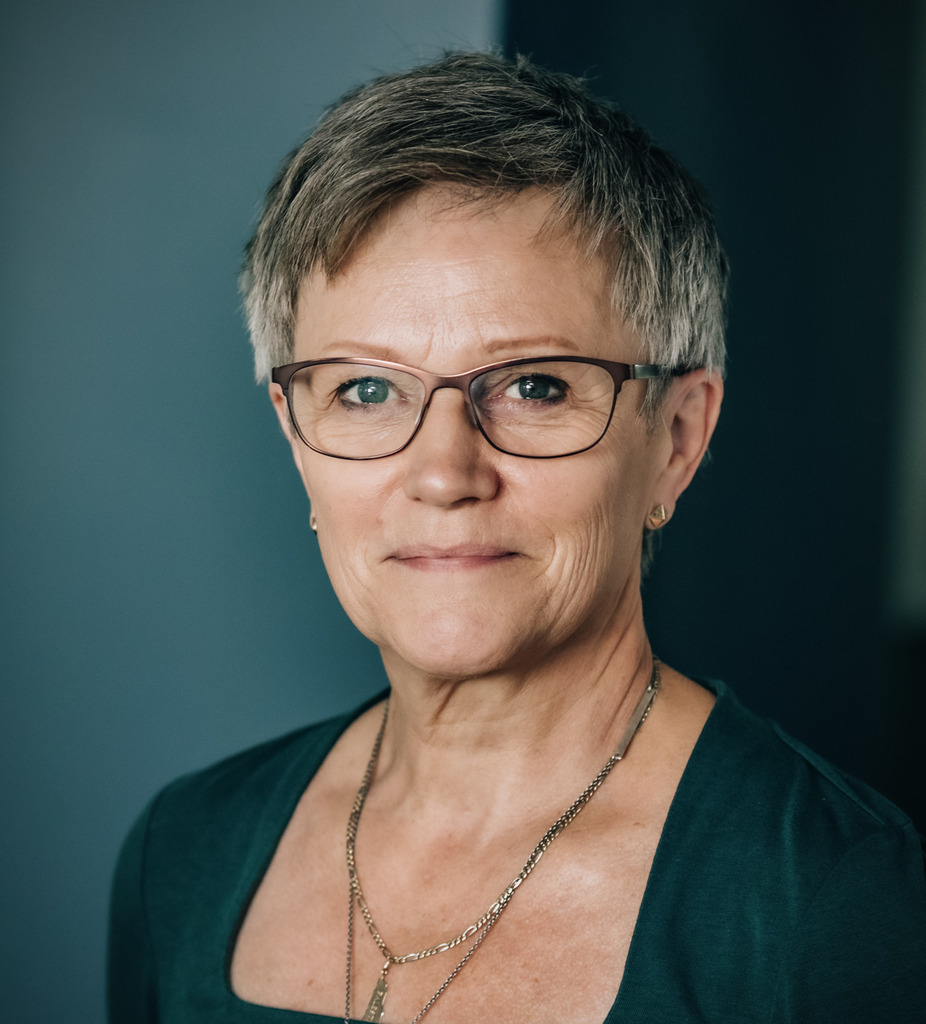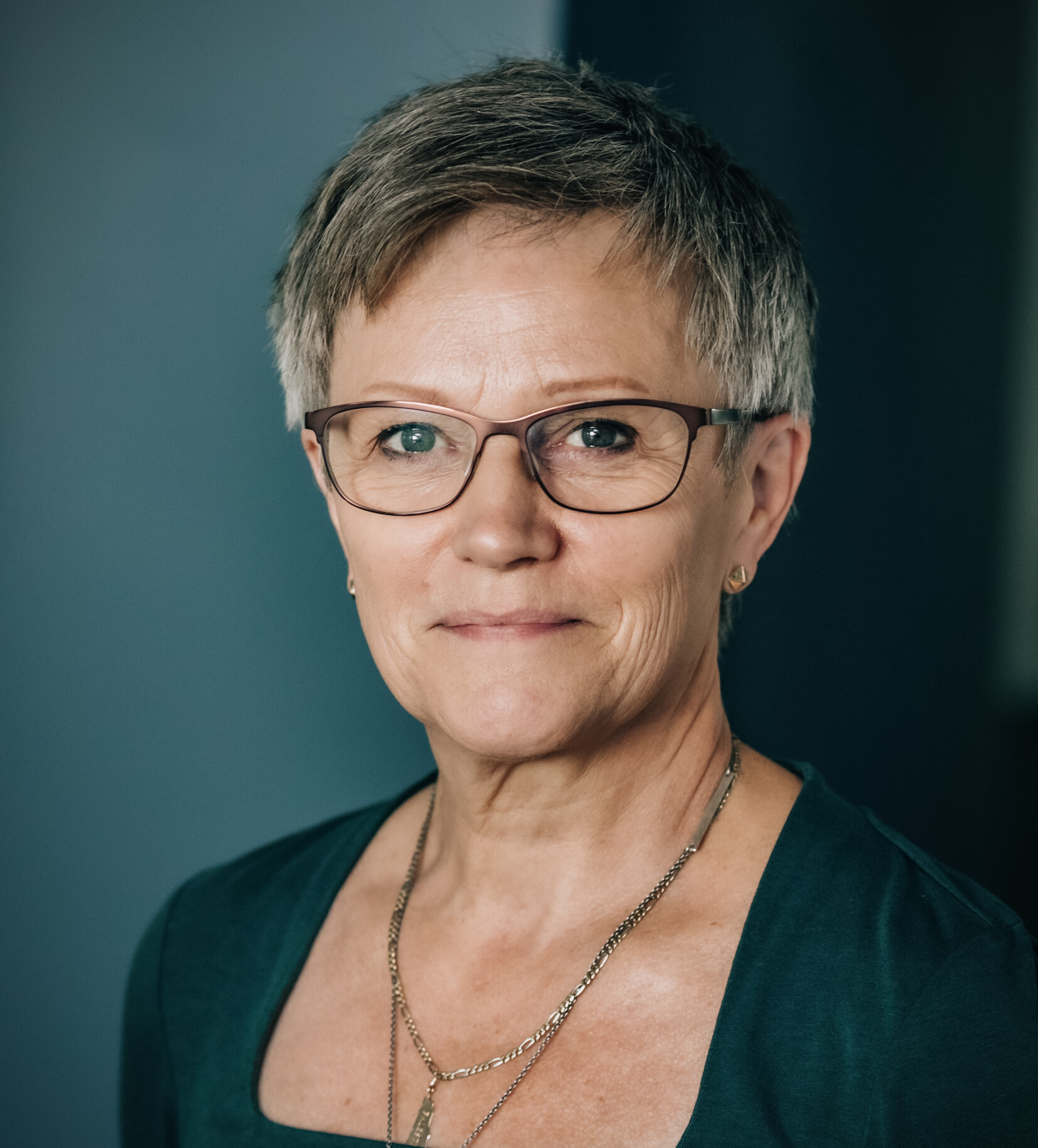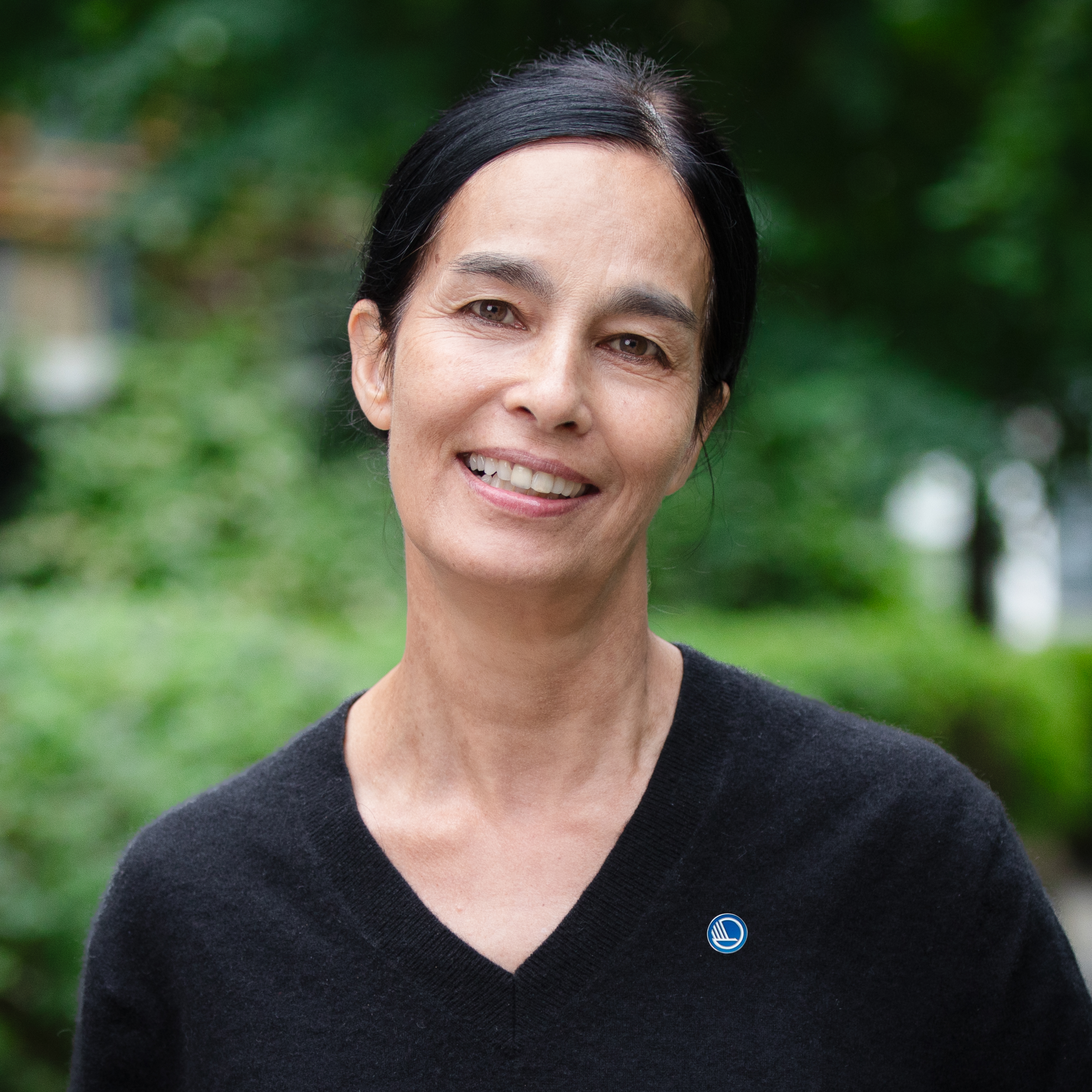
Enhancing demand flexibility in the Nordic power system
Nordic Energy Research is pleased to announce that Thema Consulting has been awarded a contract to conduct a new study. The study puts focus on solutions to enhance the flexibility…
Nordic Energy Research is pleased to announce that Thema Consulting has been awarded a contract to conduct a new study. The study puts focus on solutions to enhance the flexibility of power supply and demand in the Nordic countries, to keep up with the growth of variable renewable electricity sources.
Commissioned by the Nordic Committee of Senior Officials for Energy Policy (EK-E), the study is a collaborative project between the Nordic Electric Market Group (EMG) and the Nordsyn group. These groups coordinate the work of the Nordic member states related to ecodesign and energy labelling.
The primary goal of the Collaborative Demand Flexibility Project is to support regulatory approaches that facilitate and promote the adoption of flexibility solutions, helping to fully realise their benefits. The project aims to deepen the understanding of energy authorities and policymakers regarding the demand and supply of flexibility, as well as the development of market mechanisms in the Nordic countries.
Berit Tennbakk, Partner at THEMA Consulting Group, is very excited to get the opportunity to deep-dive into the status of and experience with flexibility solutions in the Nordic countries.

Berit Tennbakk, Partner at THEMA Consulting Group.
“Flexibililty solutions are an important element in the transition of the energy system. I look forward to working with experts from all the Nordic countries and with the Nordic Energy Research steering group to bring forward insights needed to design an efficient regulatory framework for the use of demand-side flexibility,” says Tennbakk.
Flexibility markets, flexibility services, and smart appliances
The project delves into the recent development on the Nordic electricity market, related to the provision and procurement of demand-side flexibility solutions. The project includes in-depth interviews with flexibility providers to address the technical and socio-technical obstacles that impede the widespread adoption of demand side flexibility, e.g., about the socio-technical and technical challenges associated with the different kind of smart appliances.
Many demand-side flexibility (DSF) studies tend to focus on designated user scopes, often within an experimental setting, which is decoupled from the actual energy market and how it works in practice.
Results from the study are expected to be published in the autumn of 2025.

